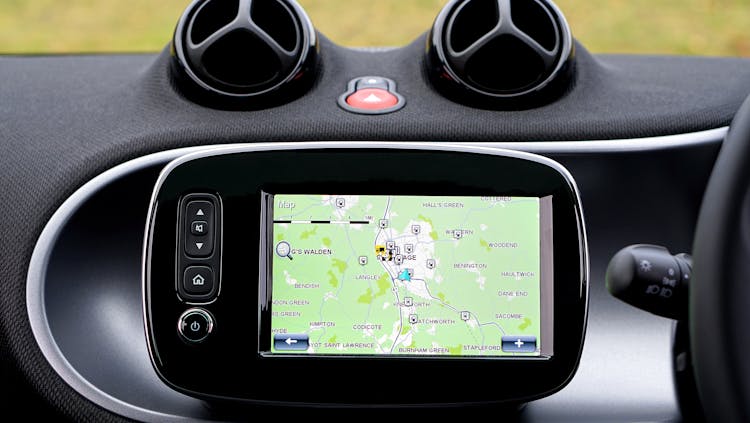In today’s competitive landscape, businesses are constantly seeking ways to enhance operational efficiency and gain an edge over their rivals. One of the most effective strategies for achieving this is by leveraging vehicle tracking technology.
Vehicle tracking technology primarily utilizes GPS (Global Positioning System) to monitor the location and movement of vehicles in real-time.
This technology has evolved significantly, moving from basic location tracking to sophisticated systems that provide insights into vehicle health, driver behavior, and fuel consumption.
By implementing a robust tracking system for vehicles, companies can optimize their fleet management, improve customer satisfaction, and ultimately outperform competitors.
Real-Time Monitoring and Route Optimization
One of the standout features of a vehicle tracking system is its ability to provide real-time data on vehicle locations. This capability allows fleet managers to monitor their assets continuously, ensuring that they can respond promptly to any issues that arise.
For instance, if a vehicle is delayed due to traffic, the system can suggest alternative routes to minimise downtime. This not only enhances operational efficiency but also improves customer service by providing accurate delivery estimates.
Moreover, real-time monitoring helps in reducing fuel costs. By analysing driving patterns and identifying inefficiencies, such as excessive idling or detours, businesses can implement strategies to optimise fuel consumption.
This shift not only cuts costs but also contributes to a more sustainable operation, which is increasingly important in today’s environmentally conscious market.
Enhancing Safety and Compliance
Safety is a critical concern for any business that relies on a fleet of vehicles. A vehicle tracking system can significantly enhance safety by providing insights into driver behaviour.
For example, systems equipped with telematics can monitor speeding, harsh braking, and acceleration patterns. This data can be used to identify risky driving habits and implement training programs to improve driver safety.
Additionally, many tracking systems come with geofencing capabilities, allowing businesses to set virtual boundaries for their vehicles.
Alerts can be triggered if a vehicle enters or exits these predefined areas, helping to prevent theft and ensuring compliance with operational protocols.
Predictive Maintenance and Cost Efficiency
Another significant advantage of vehicle tracking technology is its ability to facilitate predictive maintenance.
By continuously monitoring vehicle health through telematics, businesses can receive alerts about potential mechanical issues before they escalate into costly repairs.
This proactive approach not only extends the lifespan of vehicles but also reduces downtime, ensuring that your fleet remains operational and efficient.
Improving Customer Experience
In an era where customer expectations are higher than ever, leveraging vehicle tracking technology can greatly enhance the customer experience.
With access to real-time tracking information, businesses can provide customers with accurate updates on delivery times. This transparency fosters trust and can lead to increased customer loyalty.
Moreover, the ability to respond quickly to customer inquiries about their orders can set a business apart from its competitors.
Closing Statement
In conclusion, leveraging vehicle tracking technology is a powerful strategy for businesses looking to outperform their competitors.
By implementing a tracking system for vehicles, you can enhance operational efficiency, improve safety, and deliver exceptional customer service.
As the landscape of fleet management continues to evolve, those who embrace these technologies will be well-positioned to thrive in an increasingly competitive marketplace.













